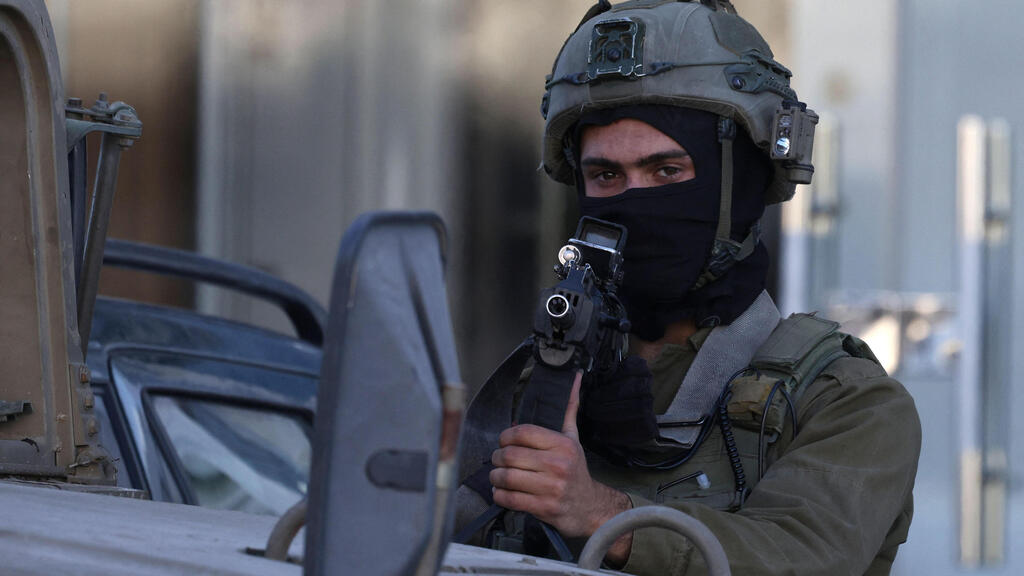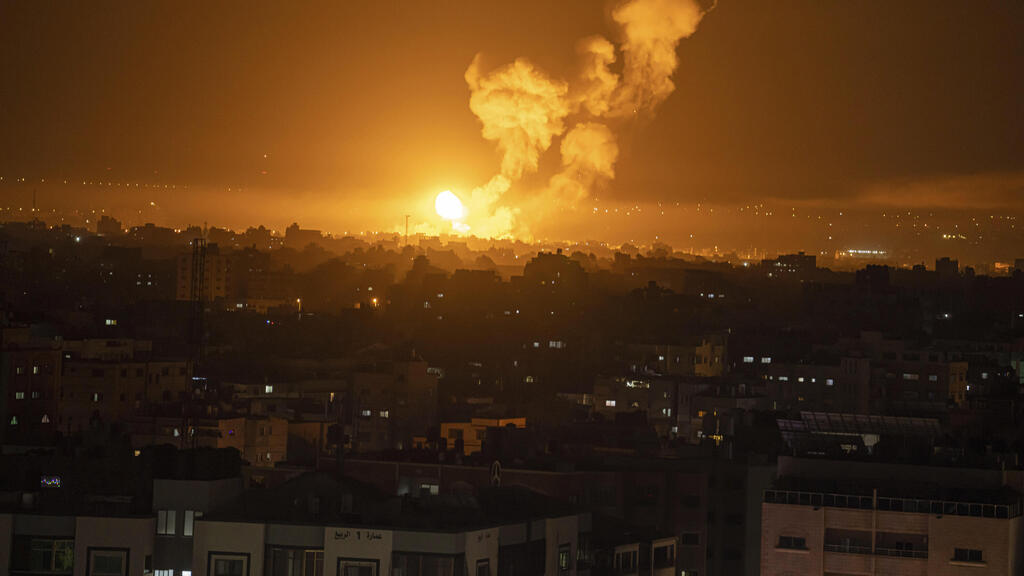The lesson Israel’s enemies have probably learned from the recent round of fighting is that the greater their provocation and the more fronts it originates from the stronger is Israel’s interest in ending the hostilities quickly and thus the weaker will be its military response.
Such a conclusion will indicate to Iran that its strategy of financing, arming and training proxy forces to encircle Israel with a “ring of fire” is paying off. It limits Israel’s options. Israel will now think twice before undertaking a major military action for fear other fronts will erupt.
According to reports, Prime Minister Binyamin Netanyahu warned during a security cabinet meeting earlier this month, against Israel “ being dragged into wider-scale conflicts” on multiple fronts.
The change in Netanyahu’s tone could not have been more noticeable especially when compared to his stand five years earlier. In arguing for a vigorous Israeli response to a barrage of 20 rockets fired into the Golan Heights from Syria by members of Iran’s Islamic Revolutionary Guard Corps, Netanyahu was cited in the Israeli daily Haaretz on May 6, 2018, as telling the Israeli cabinet, “We are determined to stop Iran’s aggression in its early stages, even if it involves a conflict…Better now than later. Nations that were unprepared to take timely action against murderous aggression paid much heavier prices afterward.“
Moreover, the ability to coordinate fire from multiple fronts has a psychological impact beyond its real effectiveness. Given the current political and societal crises in Israel, this aspect is of special value to its enemies.
Israel’s main enemies are now convinced they have hit on an effective strategy that enables them to bypass its deterrence, harass its population in perpetuity and avoid harsh Israeli punishment. Not surprisingly new reports indicate Hezbollah is planning to arm the Hamas terrorists stationed on Lebanese land with precision-guided rockets. Iran’s proxy Hezbollah is now grooming its own proxy it turns out.
Additionally, the recent skirmishes may tell Israel’s enemies that from all the fronts they are working hard to develop, the internal one is the most lethal. The fusion between Palestinian terror organizations in the territories and the Gaza Strip and radicalized Israeli Arabs in effect has created a “ shadow army” which can be relied upon to become active anytime the external fronts are triggered, further complicating Israel’s defensive efforts and sapping its military energies.
Hamas, for example, having emerged from the engagement largely unscathed, may now believe its strategy of seeking to obscure its dirty hands by attacking Israel from outside its Gaza enclave has been affirmed. Its leaders and their heinous cohorts have also learned that the al-Aqsa mosque has proven once again a sure-fire incendiary that could be readily manipulated to reignite another multi-front conflict.
How then has such a serious strategic challenge mushroomed seemingly under Israel’s nose?
Maintaining quiet on Its borders was Israel’s preferred policy for years. It became further entrenched in the wake of the 2006 Second Lebanon War. The policy is taking into account Israeli society’s hypersensitivity to casualties, especially military ones. The approach was also politically and economically expedient. However “quiet” cannot be the strategic goal of a country if it allows its enemies a breathing space to grow and upgrade their arsenals and proliferate their presence along its frontiers.
Successive Israeli governments were certainly aware of the non-stop efforts of their enemies to expand and improve their ability to hit the country. The Israeli solution was to adhere to the arching goal of striving for quiet on the borders but support it with a military policy of “ mowing the grass.”
Under this doctrine Israel would sporadically use military means —limited in both their scope and duration—to retaliate for attacks on its citizens. The strikes were also meant to “ restore” Israel’s deterrence and degrade the capabilities of its enemies primarily those in the Gaza Strip.
The clincher in this doctrine of military restraint was the deployment of Israel’s Iron Dome missile defense system in 2011. By effectively blunting the impact of incessant rocket attacks on Israeli population centers, the system enabled the IDF to limit its response while assiduously eschewing a ground operation. The latter would have been costly in soldiers ‘ lives, but unavoidable both militarily and politically had the rockets inflicted mass Israeli casualties.
The current “war between the wars” campaign underway in Syria and aimed at expelling Iran and its proxies from the country and torpedoing its efforts to establish a new front against Israel there, is in effect a variation of the same “mowing the grass “ approach.
In short, the Israeli policy was and still is tactically offensive but strategically defensive.
While this IDF doctrine could be credited with deterring a full-scale conflagration and thus minimizing Israeli casualties the trend, clearly evidenced by the most recent fighting and the lessons likely drawn by Israel’s enemies, is decidedly worrisome.
It seems there will be no choice but for Israel to shift to a tactically and strategically offensive doctrine. In pursuance of this approach, the IDF would need to revamp its order of battle and operational plans so it can fight on multiple fronts simultaneously while conducting a major ground offensive in one theater. Israel must switch from the “mowing the grass” doctrine to one of uprooting the “lawn” altogether and the sooner the better.
Dr. Avigdor Haselkorn is a strategic analyst and the author of books, articles, and op-eds on national security affairs.




